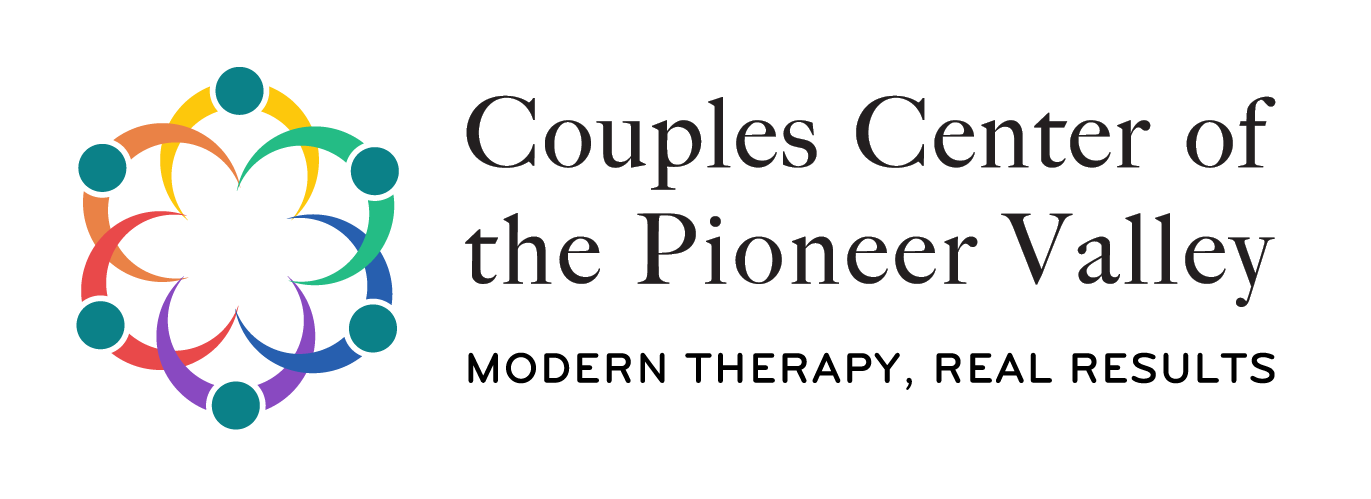The Exciting Integration of Ketamine Assisted Psychotherapy and Couples
Written by: Dr. Donna Gilman
They sit at opposite ends of the couch, the tension palpable between them. They have been in treatment with me for 8 months and have made huge leaps in insight and awareness but here they are again, coming in after a massive blow out, in despair about their inability to interrupt their negative reactive cycle.
“It doesn’t matter how many times we talk about it. He says he will work on his response. And then he blows up again!” She says, looking plaintively at me.
“I tell her I need to take a break and she ignores me and keeps pushing. I thought she was supposed to respect when I need a break?” He implores me. “That’s when I lost it, after the third time I asked for a break and she steamrolled right over me.”
So here we are again, I think to myself. Two well-meaning people who love each other dearly, having made huge leaps in our work, moved some mountains but are still struggling to dial down their reactive patterns.
This is an age old couples therapy dilemma. People who show up to the work. They are committed to their partner and hold themselves accountable. Yet, at home, when their emotional brains spike, they are unable to hold onto the learning or hold onto themselves in the face of their partner’s strong feelings or different needs or perspectives.
Self soothing is a term you hear a lot in therapy. There are many ways to practice self soothing but when confronted by the Olympic training ground of stress tolerance, primary love relationship(s), the best of intentions can be laid to ruin. Mindfulness based practices and the flexing of new emotional muscle are put to the test. Often, the emotional contagion between two partners proves too great a a force to hold back the tide of escalation or the protective shut down that marks the predictable pattern of ‘hot potato” between two partners.
My couple is looking at me, expectantly. The implication is clear: fix this and fast, because we only have 45 minutes left to this session and then we have to go home together! While I search my brain for my next intervention, they start squabbling with one another about what happened on the way to therapy.
I surprise everyone when I say, “Have you considered Ketamine?”
“Ketamine?” He says with skepticism, “You mean the stuff I partied with in my twenties?”
“You mean the surgical anesthetic?” She asks.
“You’re both right,” I say, “But Ketamine is FDA approved for a variety of mental health issues and conditions, and has great promise for relational work as well.”
“Say more,” he says, leaning forward.
“Well, you may remember that I am trained as a Ketamine Assisted Psychotherapist (KAP)? In a few months I will collaborate with Sapience in Greenfield to facilitate another three day KAP group retreat for couples. We see very encouraging results integrating Ketamine in relational space, particularly with helping partners lower defenses and enhance connection and intimacy.”
“Really?” They ask in unison.
“What about anxiety? Can it help with anxiety?” He asks.
“What about my trauma, can it help with that?” She asks.
“Ketamine is a tool, when paired with therapy, and yes, it can definitely help alleviate anxiety, depression and trauma response, as well as create new neural pathways that can lead to enhanced creativity, a sense of peace and empowerment and a greater connection to self and partner.”
Ketamine is a psychoactive drug that was first synthesized in 1962 and has been used in the U.S. as an aesthetic in medical settings since 1970. Ketamine has been used off-label in sub-anesthetic doses for the past 20 years to treat chronic pain, depression and a variety of other mental health concerns. It has been shown to have a cumulative effect, alleviating symptoms in 30-60% of adults with treatment-resistant depression. In low doses, Ketamine can serve as a powerful tool and adjunct to assisted psychotherapy (KAP), as it allows for the softening of psychological defenses and reduction in trauma response, which allows for more profound processing, increased self awareness and improved self regulation.
Ketamine, sometimes described as an “ego lubricant,” helps release defensiveness and create space between our projections and limiting beliefs about self and others, Ketamine develops neural plasticity and the creation of new neural pathways. Using low dose Ketamine with couples work has the powerful potential to create deep and more rapid growth and healing to couples who have been gridlocked for some time.
Here is a sampling of what participants shared at a the end of our last Couples Ketamine Assisted Psychotherapy Retreat:
“I feel so much closer to my partner.”
“I accessed and released a deep grief that has burdened me for years.”
“I don’t feel I need to keep my walls up.”
“This the safest I have felt in my body and mind EVER.”
“I just had the first, what I would call, sacred experience, of my life.”
“I can see my part so clearly in things.”
“I can see myself with so much more compassion.”
The Couples KAP Satisfaction Scale, developed by yours truly, is one step forward in starting to gather data on couples, pre- and post-Ketamine journeys. Of note, participants who took the Scale reported an average of 20 points increase in overall relationship satisfaction and emotional safety, pre and post retreat. And an 80% decrease, specifically, in assessment of the judging/criticizing partner's difference in perspectives or needs. These early findings are encouraging, as are the experiences couples are having in KAP sessions. In summary, coupled with the Developmental Model, Ketamine has the potential to help partners:
More fully self define
Assess to what degree their are living in alignment with their values
Become more vulnerable in the expression of their wants and needs
Learn to emotionally accept and manage differences
Tolerate ambiguity
Set and maintain boundaries
Identify defenses
Reduce unresolved intra-psychic impasses
Own projections
Lower reactivity
Regulate anxiety
Choose more adaptive coping strategies



